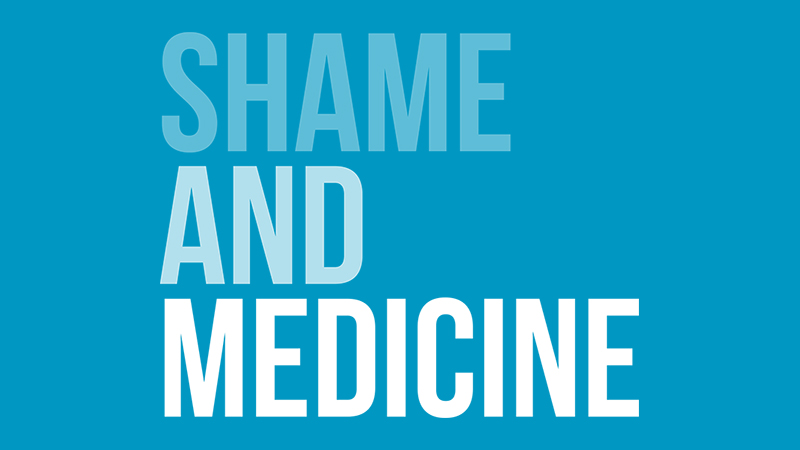About the project
This research examined the way in which the COVID-19 pandemic has led to scenes and experiences of shame: around catching and transmitting the virus, and behaving in ways deemed to be irresponsible, stupid, or selfish. Findings showed that some interventions during the pandemic caused or heightened shame, when public health (both viral and non-viral) would have been better served by attempts to confront, mitigate, and prevent it.
Conclusions have drawn attention to how the use of shame in public health messaging may have contributed to the deepening of existing inequalities during the pandemic. They demonstrate a need for a greater understanding and awareness of shame and how it is experienced or produced, and for producing messaging that does not involve shame when engaging in collaboration or communication with the public.
Key policy recommendations include:
- Reject shame as a behavioural tool.
- Build attentiveness to shame into institutional expertise and cultures.
- Conduct audits on work which has to potential to generate/exacerbate shame.
- Engage and collaborate with communities and publics to promote shame conscious health seeking behaviour.

Principal Investigator
Professor Luna Dolezal
Dr Arthur Rose
Dr Fred Cooper
(University of Exeter)
Explore related projects
Equality, Diversity & Inclusion
Guidance, Messaging and Behaviour Change


